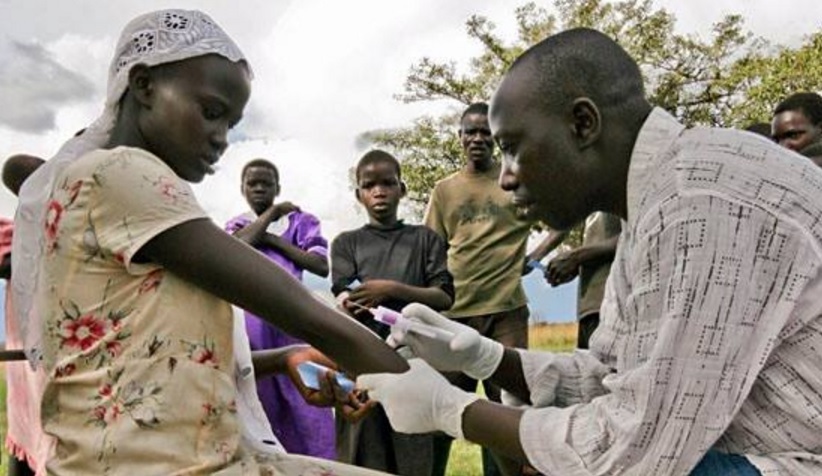The campaign will be spearheaded by President Yoweri Museveni, whose recorded messages will be aired on both radio and TV stations calling upon the youth to practice safe sex, abstinence and know their HIV status. The messages will also call upon people living with HIV to adhere to treatment as a means of suppressing their viral load.
The Minister in Charge of the Presidency Esther Mbayo told journalists in Kampala that the president has decided to do something because the youth were avoiding the truth about HIV, a rate of complacency that has led to an increase in new infections.
“People are being complacent. They avoid preventive methods like using a condom the same way the Pope avoids witchcraft.”
The development follows a report by the Joint United Nations Programme on HIV/AIDS (UNAIDS) indicating that the pace of progress in reducing new HIV infections, increasing access to treatment and ending AIDS-related deaths is slowing down. The report shows a mixed picture, with some countries making impressive gains while others are experiencing rises in new HIV infections and AIDS-related deaths.
Globally, around 1.7 million people became newly infected with HIV in 2018 and that there is still a long way to go in eastern and southern Africa, the region most affected by HIV.
It shows that Uganda will not be able to meet the 2020 deadline set for countries to have achieved the 90-90-90 targets. Under the targets, UNAIDS anticipates that 90 per cent of the people will have tested for HIV, 90 per cent of those tested will have enrolled on treatment and 90 per cent of those on treatment will have suppressed the virus to undetectable levels.
The report shows that Uganda is lagging behind in treatment and viral load suppression among persons living with HIV. It shows that only 73 per cent of Persons Living with HIV are on treatment while 65 per cent of persons living with HIV and on treatment have their viruses suppressed.
Dr Karusa Kiragu, the UNAIDS Country Director says that a lot of work needs to be done to address the shortfalls. She says if nothing to address the last two 90s the prevalence of the disease that stands at 6.4 per cent might go up.
The campaign that was launched is scheduled to run for a period of one year. It will be carried out with support from UNAIDS.




